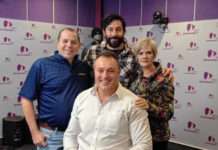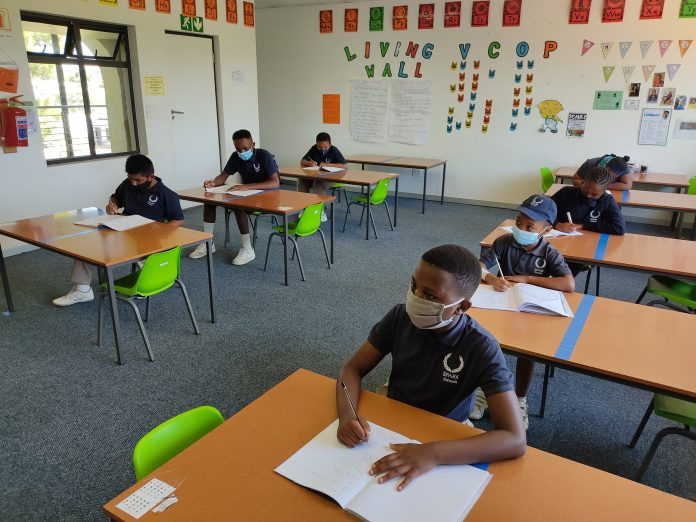Independent private school SPARK Soweto is bucking the trend of poor literacy and mathematics outcomes in South African schools, with the school’s Grade 3 pupils scoring up to 40% higher than other schools in recent benchmark assessments.
SPARK learners achieved an average of 87% for literacy and 67% for maths in a pilot of the JumpTrakTM benchmarks in November last year. JumpTrak are external assessments that provide feedback on scholar achievement and a benchmark for all participating schools. The average score in the assessments was 56% for literacy and 38% for maths.
SPARK School’s results come at a time when most South African learners are struggling to master basic literacy and numeracy skills. In December, the Department of Basic Education presented the latest findings of the Trends in International Mathematics and Science Study 2019 (TIMSS), showing how South African students compare to the rest of the world.
The study showed less than four in ten (37%) South African learners have acquired basic mathematical knowledge – which means nearly two-thirds of learners lack the ability to apply knowledge in simple or complex solutions and to communicate understandings.
While South Africa has improved its overall maths and science ability levels from 11% in 2003 to 41% in 2019, the country still scored in the bottom three out of 64 countries for a range of tests. Things aren’t much better on the literacy front, where the 2016 Progress in International Reading Literacy (PIRLS) study found that 8 out of every 10 South African Grade 4 learners cannot read for meaning.
SPARK Soweto principal Gundo Mmbi said the results provided an insight into how the school’s learners were faring amongst their South African peers in other private schools.
“The importance of literacy and maths at primary school goes way beyond simply being able to read or do sums. Literacy is the essential foundation of education: if you can’t read for meaning, you run the risk of being excluded from full participation in society, while maths develops important skills in problem solving, reasoning, creative thinking and communication,” said Mmbi.
“These results will allow us to make informed decisions on areas of mastery and areas of improvement for each subject going forward.”












